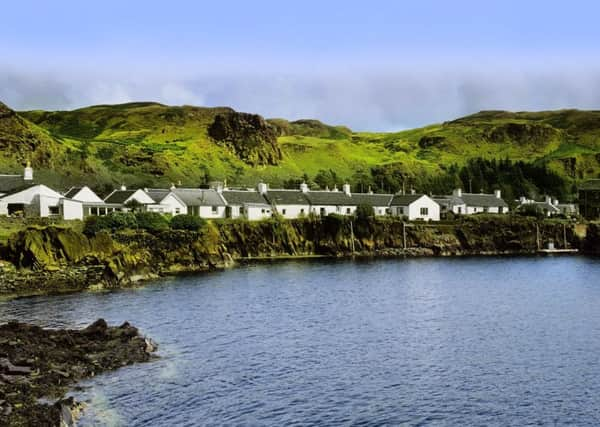Highlands Council cuts costs and carbon with car club


Scotland’s biggest local authority has dramatically cut its business travel costs and shrunk its carbon footprint after signing up to a car club.
Highland Council, which covers the largest geographical area in the UK, was notching up more than six million miles a year at a cost of more than £2.2 million.
Advertisement
Hide AdAdvertisement
Hide AdThe system relied heavily on a “grey fleet”, which sees workers driving their own vehicles for work-related journeys and reclaiming expenses.
Now, after a review of transport, the council has introduced 35 car club vehicles.
The move has slashed transport costs by around a third in just six months.
Greenhouse gas emissions have also been reduced by an estimated 50 tonnes of carbon dioxide equivalent over the same period.
The current fleet includes four electric cars, with plans to add more in the future.
Overall, Highland Council estimates that its rejig of staff travel, including switching to Enterprise Car Club, will reduce its annual grey fleet mileage by around 1.2 million miles a year.
The authority is also reducing non-essential travel, rolling-out improved facilities to encourage video-conferencing and using shared and public transport for service delivery where practical.
Councillor Allan Henderson, chair of Highland Council’s Environment, Development & Infrastructure Committee, said: “Our service delivery used to be hugely reliant on the grey fleet. While it was convenient from an employee perspective, it meant we had little or no control over what types of personal cars our employees were driving, whether they were fit for purpose, modern and safe for the journey. “
Advertisement
Hide AdAdvertisement
Hide AdHe added: “Introducing Enterprise Car Club has been a hugely popular innovation for our employees, and it has also enabled us to control costs and reduce our carbon footprint.”
He says the new approach has “transformed” business travel, allowing staff to book cars only when needed.
He said: “Many no longer have to drive to work – so can walk, cycle or use public transport instead.”